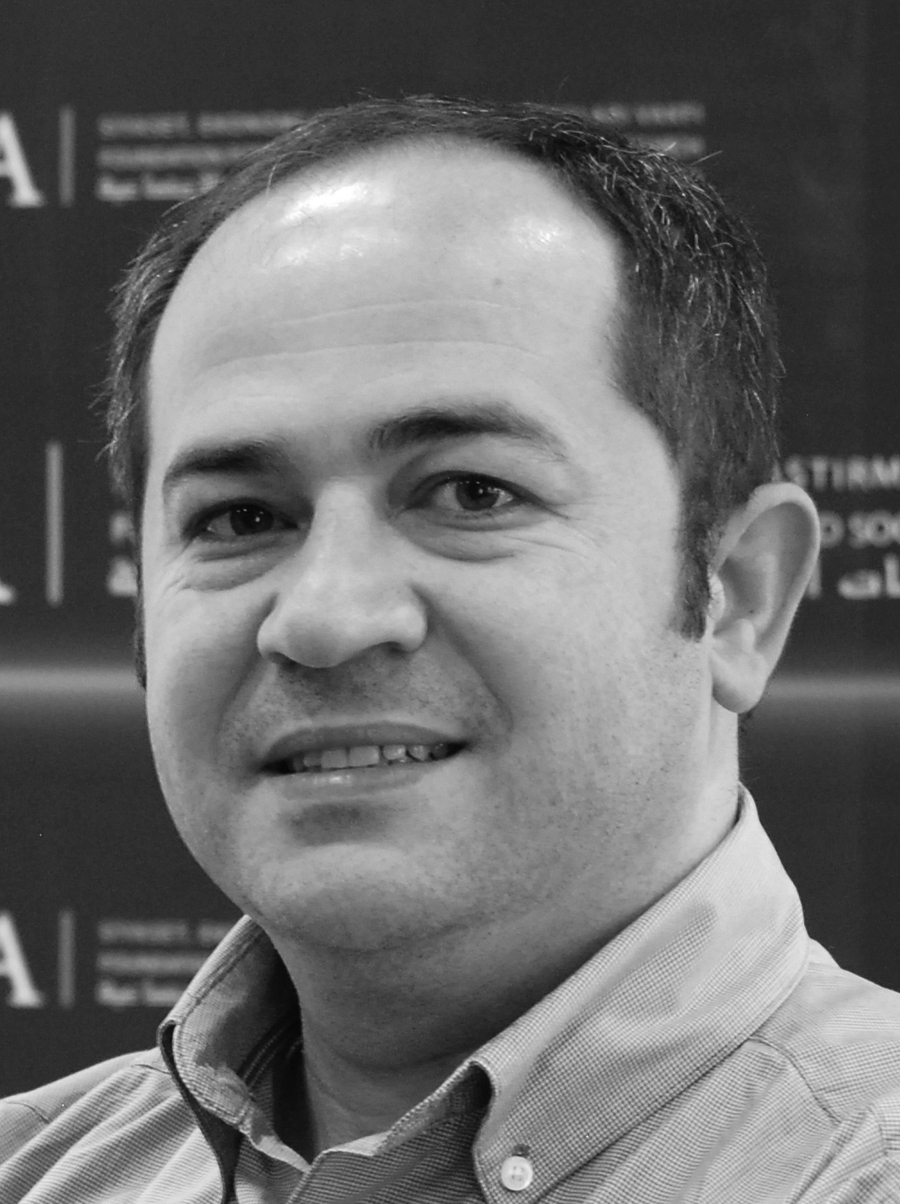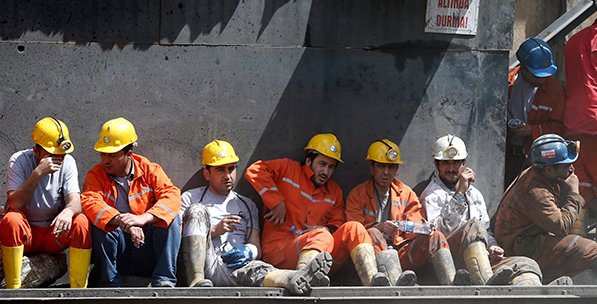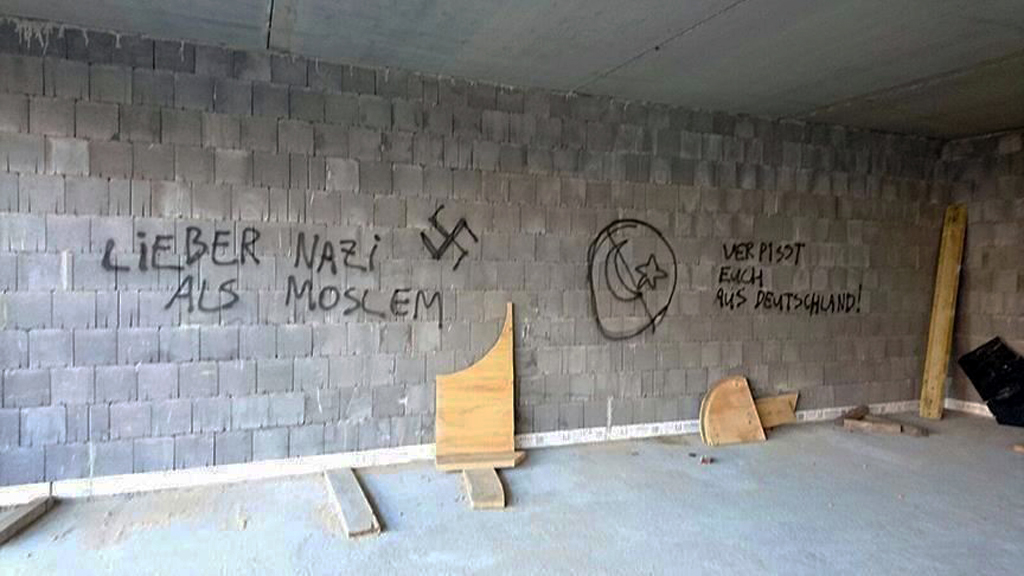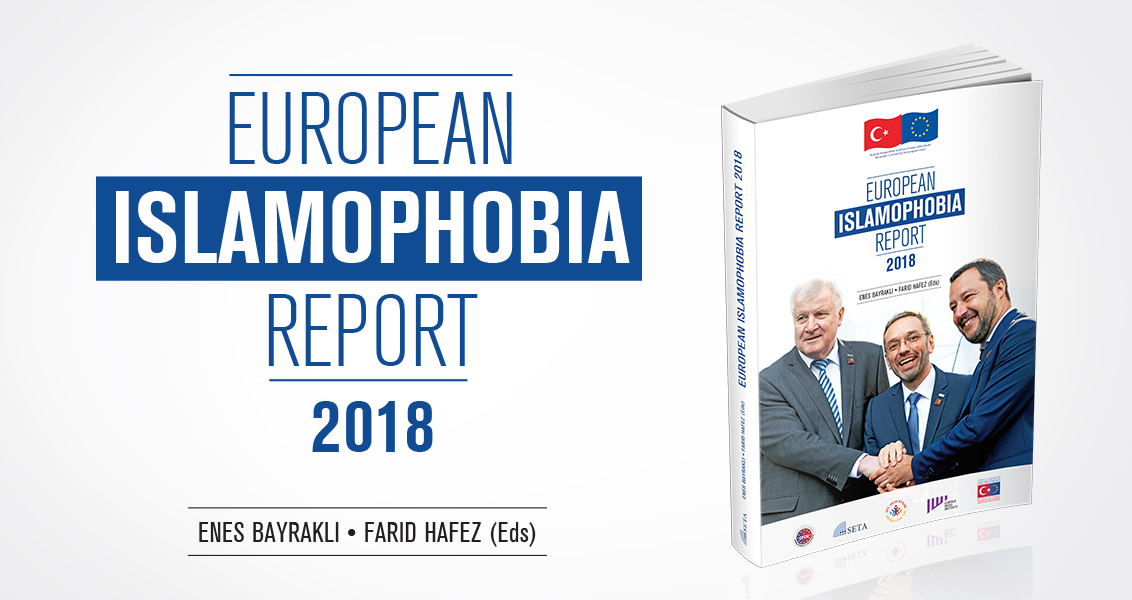The mine explosion in Soma which claimed 301 lives gave new life to an old debate about Turkish society's capacity for solidarity. For years, skeptics claimed that the Kemalist elite's attempts to create a homogeneous society led to the emergence of isolated identities. The regime's pursuit of the ideal citizen, a secular-minded Sunni of Turkish ethnicity, alienated the Kurds, the Alevi community and the religious Sunni population who turned away from politics and occasionally found themselves at odds with each other.
The Kemalist idea of the ideal citizen lost credibility to the lessons that Turkey learned from the violent 1970s and democratic reforms were implemented in the 2000s. Meanwhile, the country's Kurds and religious Muslims used their grievances as a positive force to promote a stronger democracy. Today, tensions between the Sunni population's reformist agenda and the commitment of secularists and the Alevi community are the center of debate.
From the standpoint of political identities and various social groups, therefore, Turkey finds itself in a better position now than before. This applies to traditional tensions between Turks and Kurds, sectarian hostilities between Alevis and Sunnis, as well as secularists and religious Muslims.
Why, then, do commentators continue to emphasize polarization in Turkish society? We could answer this question with reference to responses from various groups to the Soma disaster. More specifically, the question goes: Did Turkish society and politicians paint a picture of solidarity or separation? Personally, I believe that the former was the case.
The Soma tragedy followed a particularly tense year that set the stage for the Gezi Park protests, the Dec. 17 operation and, most recently, the March 30 local elections.
Despite such polarizing events and a few bad exceptions, Turkish society passed this test with flying colors. In the face of such great pain, all social groups set aside their political differences and stood in solidarity as NGOs, professional associations and organizations, and rushed to the help of victims and their families. Opposition parties, despite an upcoming presidential race, acted responsibly and refrained from exploiting the catastrophe for political gain. The Soma disaster thus established that the nation could unite and trade its deepest antagonisms for all-encompassing solidarity in a heartbeat.
Surely enough, there was a small minority whose endless appetite for conflict and willingness to use the most sacred values as political ammunition stood in stark contrast with the overwhelming picture. In recent years, a new brand of politics emerged on social media that misinforms the public to mobilize and manipulate anti-government sentiments. The question remains whether this phenomenon represents part of the country's political center. This is not to claim that there is no polarization in Turkey but simply to point out that such sentiments hardly reflect social realities. Instead, what we see today is a minority whose frustration with parliamentary politics and reactionary fear and hatred toward the prime minister manifests itself on social media. Associating every single development with Erdoğan himself, the group reproduces its common values.
In this respect, it would be misleading to base our claims of widespread polarization on this small minority and give them more credit than they deserve. In order to form a productive common ground, a coalition of NGOs, intellectuals, politicians and media outlets must stop helping the minority opinion gain traction on the national level.
[Daily Sabah, 26 May 2014]









